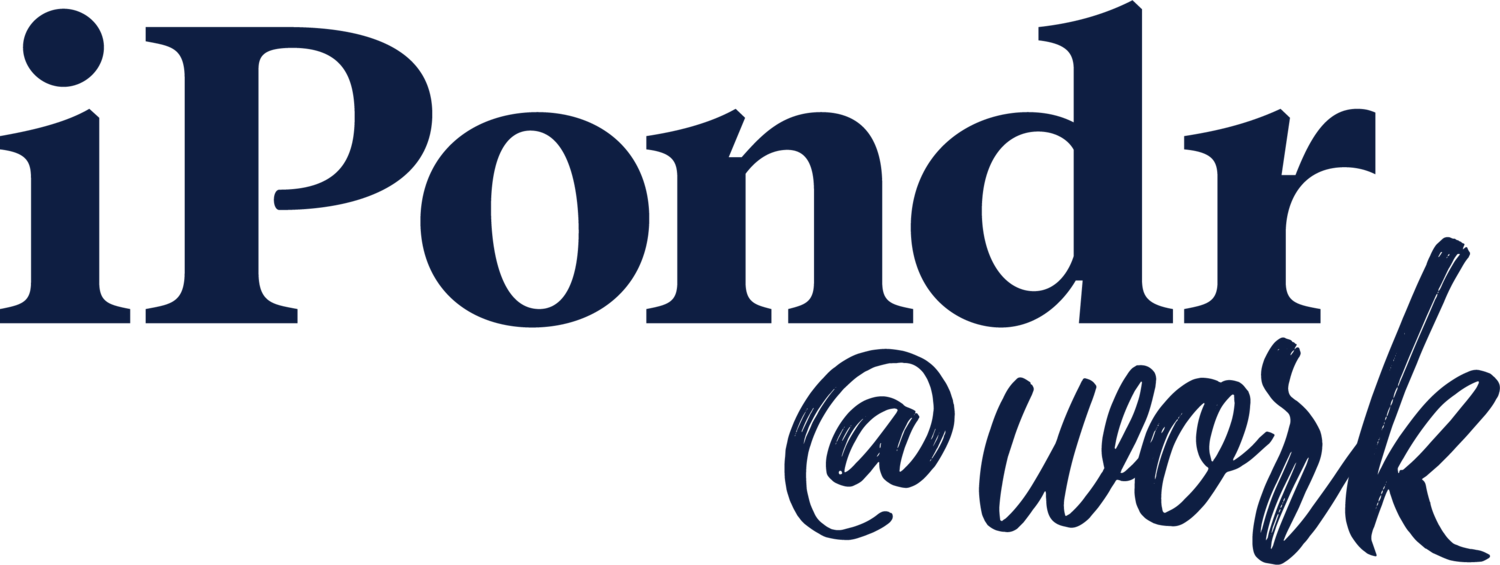Got Privilege in The Workplace
Human stories help us understand what this means and how it translates to life in the workplace.
In an environment filled with a diverse group of people, the workplace is filled with opportunities to learn about those who are different from us. Start a discussion with those around you, learn more about their challenges, share stories, and try looking at things from a different perspective. Privilege creates a divide between us; take a stand and make a change in your workplace today.
Privilege: What is it?
Would you describe yourself as someone who has privilege? In the Salem Press Encyclopedia, Garcia’s “Privilege (Social Inequality)” article explains how privilege “refers to certain social advantages, benefits, or degrees of prestige and respect that an individual has by virtue of belonging to certain social identity groups.” We commonly associate privilege with whites, males, heterosexuals, Christians, and the wealthy, and notice how those who don’t identify with these groups are often treated differently. Wildman’s “Privilege in the Workplace: The Missing Element in Antidiscrimination Law” mentions, “The workplace presents an example of how supposed neutrality in language, the very words we use to describe work and the location in which it occurs, masks systems of privilege. The invisibility of operation of privilege in the workplace perpetuates the systemic nature of disadvantage.” The problem we struggle to solve in society is how to see beyond our differences and treat one another equally. So, how do we take steps to change?
There are five main types of privilege. They include:
White privilege
Socio-economic privilege
Christian privilege
Gender privilege
Heterosexual privilege
Recognizing you have privileges is the first step towards understanding the struggles others may face.
Conversations About Privilege in the Workplace
Teaching the importance of equality is valuable and we can use the information we receive to improve how we treat and respect one another. Be the one to start a conversation about privilege in the workplace. Group discussions allow colleagues to share their struggles and give those who are privileged exposure to new perspectives. One of the best ways to gain empathy in the workplace and understanding from your superiors and colleagues is by storytelling. Sharing your own own story and listening to the stories of others has been proven to foster deepen relationships.
Diversity Storytelling Tactics
Storytelling allows us to portray emotions. It’s use of sensory details and images capture the attention of others and can lead them through emotional experiences. Stories come in different forms and fashions; but all stories in conversation increase understanding between the speaker and listener.
The Association for Talent Development adds, “Stories are a powerful communication tool in a multicultural workplace, because they enable listeners to make connections between what is said and their own experiences, facilitating understanding of important meanings, beliefs, and behaviors from different cultures.” As we interact with our colleagues and listen to their experiences through storytelling tactics, we establish a common ground and shared understanding.
Privilege Awareness
We cannot get rid of our privilege, but we can acknowledge it. Understanding the privileges we have requires us to actively view things from the perspective of those who are underprivileged. Raising awareness and speaking out about the injustices that occur regarding the five main types of privilege rather than turning a blind eye to them can create a healthier and more productive work environment.
It Benefits the People Around You
When we openly speak about privilege, it introduces many benefits to your workplace. In “Talk About Privilege at Work”, Jourdan explains how “talking about privilege the right way can improve the dynamics of your organization, build trust and understanding, and leverage the value of your most important resource: talent.” Creating an inclusive environment improves the mental health of your colleagues and the quality of their work.
By actively promoting equality and diversity and enforcing a policy to match, people of all backgrounds can come together in your business to thrive and achieve success.
The Key to Career Success
Excellent work can be the result of developing stronger relationships with your colleagues, learning about others through storytelling, or raising awareness of the injustice that privilege brings to work environments. Providing opportunities for your colleagues to educate themselves on how privilege changes the dynamic of a workplace can make inequality issues rise to the surface. When the struggles of others are clear; it is easier to tackle them, find a solution, and grow closer together.
The unity of a diverse group of people is powerful and the key to a successful team. Once we realize that every person contributes something equally important, you will find a greater appreciation for those surrounding you.
At iPondr@Work, we can help you reflect on your own experiences, bring awareness to the privileges that you enjoy, while also bringing awareness to the privileges that you or others around you do not have.
This article is brought to you by iPondr@Work. Be sure to check out our website for more information on diversity in the workplace.



